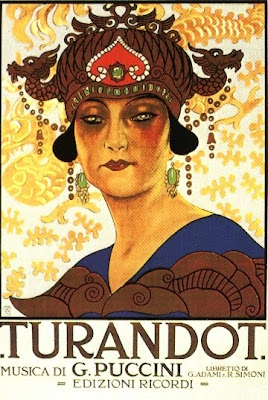Sultan Qaboos Bin Saeed hoped the Royal Opera House , which he formally opened on Wednesday night, will play a significant role in disseminating world heritage and reinforcing the principles of peace, co-existence and understanding among all nations and peoples through art events.
, which he formally opened on Wednesday night, will play a significant role in disseminating world heritage and reinforcing the principles of peace, co-existence and understanding among all nations and peoples through art events.
"They (art events) express a common human cultural heritage of strong meaning and deep impact," he said after opening the iconic Opera House.
According to Franco Zeffirelli, legendary Italian opera director, the Royal Opera House in Muscat will help Arab culture merge with the great tradition of European classics. "I have been dreaming about it (merging of Arab and European classics) for years and now I see it becoming a reality with the opening of Opera House in Muscat," he said during an interaction with the media Thursday.
The wheelchair-bound entertainer urged everyone to forget the political differences to make universal peace. "Everything about Opera is beautiful," he opined.
 , which he formally opened on Wednesday night, will play a significant role in disseminating world heritage and reinforcing the principles of peace, co-existence and understanding among all nations and peoples through art events.
, which he formally opened on Wednesday night, will play a significant role in disseminating world heritage and reinforcing the principles of peace, co-existence and understanding among all nations and peoples through art events. "They (art events) express a common human cultural heritage of strong meaning and deep impact," he said after opening the iconic Opera House.
According to Franco Zeffirelli, legendary Italian opera director, the Royal Opera House in Muscat will help Arab culture merge with the great tradition of European classics. "I have been dreaming about it (merging of Arab and European classics) for years and now I see it becoming a reality with the opening of Opera House in Muscat," he said during an interaction with the media Thursday.
The wheelchair-bound entertainer urged everyone to forget the political differences to make universal peace. "Everything about Opera is beautiful," he opined.
















































